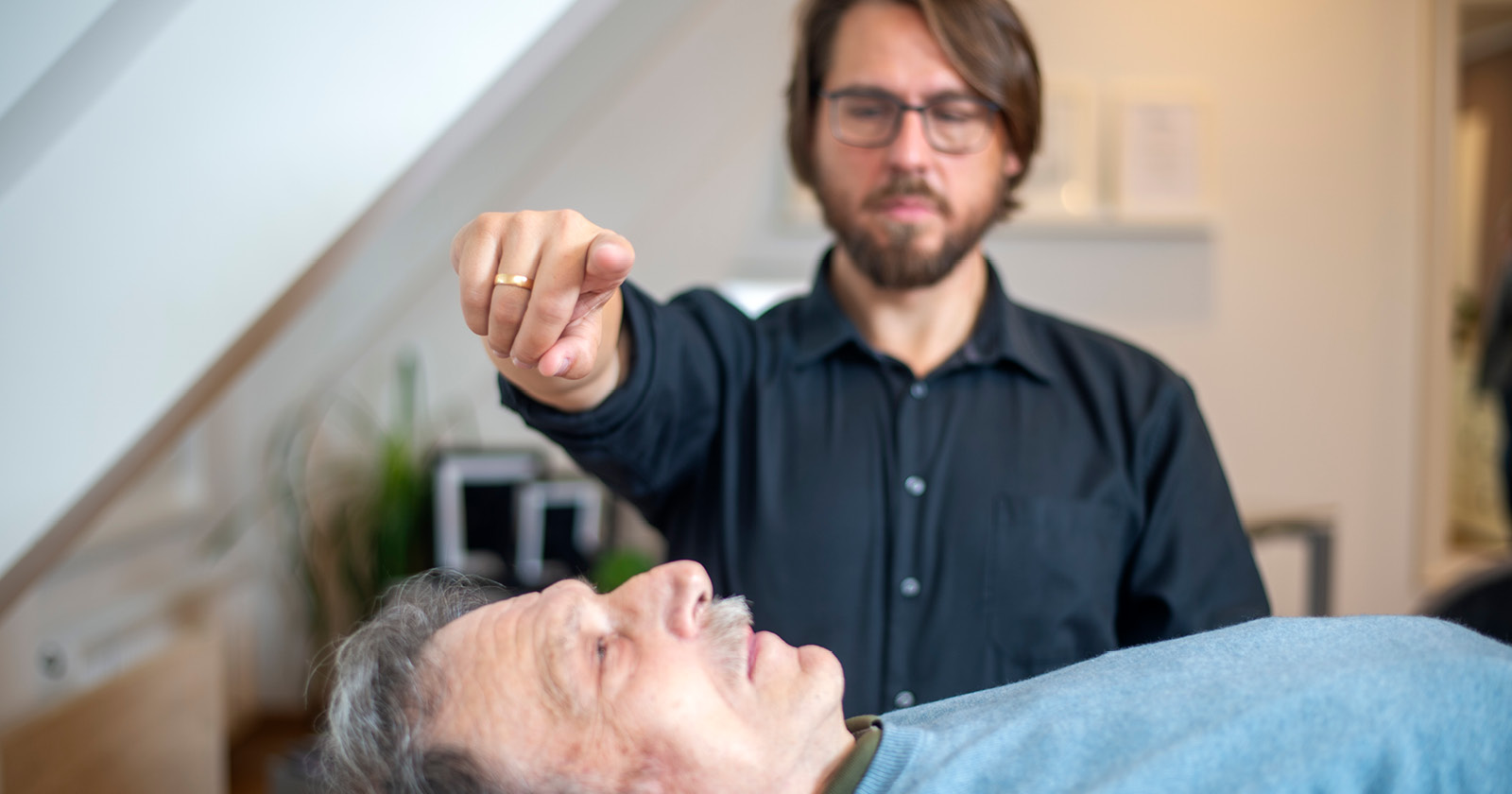Hypnosis
First and foremost, hypnosis is a recognized form of psychotherapy by health insurance companies, but it offers many other therapeutic approaches as well. When applied in practice, it has nothing to do with entertainment shows or esoteric practices.
Hypnosis is a natural state of mental and physical relaxation. Every person enters this state up to ten times a day, especially just before falling asleep and just after waking up.
According to a study, the human psyche consists of 98% subconscious and 2% conscious. Hypnosis, which is around 4000 years old, targets the subconscious and is therefore one of the fastest and most effective forms of psychotherapy.
Similar to the fundamental idea of osteopathy, hypnosis addresses the root causes of issues. It always raises the question of why you choose certain solutions and paths in your life. Perhaps there are other, individual, and more pleasant alternatives for you. In my type of hypnosis, you don’t have to reveal anything to me; neither during nor before or after the sessions. You can do this, of course, but you can also work on your issues completely on your own. Through hypnosis, you can find solutions and new paths with the help of your subconscious that are 100% suitable for you. There is no intervention or manipulation on my part. Therefore, my work offers you the greatest protection and security.
In principle, anyone who wants to can enter the hypnotic state. However, people shortly after a stroke or heart attack, epileptics, or individuals with severe mental illnesses should not be hypnotized.
The goal of hypnosis is to use trance or deep relaxation to release old blockages or to find peace and inner balance in our increasingly hectic world.
Unfortunately, there are many prejudices against hypnosis due to media appearances that are useful for entertainment but have little to do with therapeutic hypnosis. My personal goal with patients in hypnosis is to teach them self-hypnosis safely in the long term, whenever possible, take responsibility for their own well-being, and not be in treatment for years, as in other forms of psychotherapy.
Possible applications of hypnotherapy include:
- Deep relaxation, e.g., for burnout
- Emotional traumas
- Fears/phobias (spiders, exams, etc.)
- Boosting self-confidence
- Pain therapy
It is often difficult to imagine how a hypnotherapy session works and how it feels. You can find two detailed videos on the subject of hypnosis on our YouTube channel DerGyno-stepath: Part 1 and Part 2.
Therefore, if you have questions or (usually easily resolved) concerns, feel free to contact me and my team. Don’t hesitate to call us, and we can discuss it together.
Important note: The treatment methods used in my practice come from empirical medicine. The majority of these established medical therapy procedures are not yet sufficiently scientifically proven according to the principles of evidence-based medicine (conventional medicine). In particular, there are still no randomized, controlled studies or comprehensive meta-analyses. The success of empirical medical therapy cannot be guaranteed in every treatment case.
